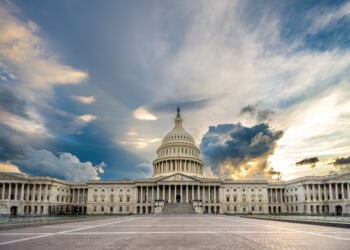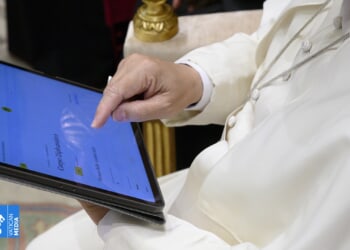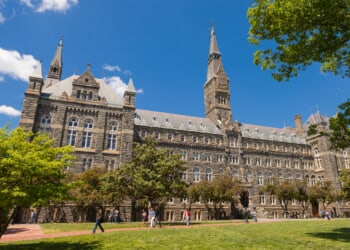The emerging bleisure and workcation trends allow workers to redesign how they travel for their business needs by blending productivity and recreation in each journey. Employers have adopted flexwork systems because workers seek home-based independence and improved digital tools and understand the necessity of blending professional duties with personal time. This analysis provides a comprehensive definition of each concept as well as their historical development norms and their resulting impact on business journeys and leisure vacations.
Bleisure and Workcations: What Are They?
Business and leisure travel present separate domains which create a natural progression where business becomes the foundation for leisure pursuits. Before business travel served strictly professional reasons yet current business professionals normally extend their work trips to incorporate leisure days and personal meetings. The main concern involves adding leisure time which can begin before and extend till after and during business travel. A person attending official business in New York City also brings his family to explore town attractions alongside work duties.
What are the Ideal Places to Do Bleisure and Workcations?
Business environments supported by strong tourism services make ideal destinations for bleisure and workcation frequencies. Superior co-work spaces alongside efficient internet systems and regular leisure amenities exist with cultural richness in these locations. Tourists frequently choose to visit Lisbon and Bali followed by Miami then Barcelona and Dubai and Tel Aviv.
Asaf Ben Ari, CEO of Bein Harim Tours, notes that business travelers visiting colleagues in Tel Aviv’s thriving technological sector often extend their trips to join weekend tours.
Key Drivers of Bleisure and Workcations
The combination of various driving elements brings about the continuous expansion of these tourism trends: Several factors are propelling the growth of these travel trends:
- Remote Work Flexibility: Remote work policies activated during the coronavirus pandemic granted employees full autonomy to choose their work location. The transformation in corporate norms now allows workers to do their jobs anywhere leading to more flexible work options and increasing workation popularity.
- Technology: Modern communication systems based on fast internet alongside cloud services and collaborative applications create opportunities to conduct work anywhere.
- Work-Life Balance: Transforming leisure and work into one experience now arises as burnout becomes less prevalent. Remote professionals now have travel opportunities that let them disconnect from daily life to rest while continuing their duties in a different location.
Benefits of Bleisure and Workcations
- Increased Productivity and Creativity: Business travelers receive ongoing recommendations to practice relaxation techniques when traveling for work since these activities bring both new ideas and enhanced performance levels. Simple variations between surroundings serve as guaranteed triggers for fresh innovation because new environments activate untapped mental capacities.
- Work-Life Balance: The employees exploit these travel methods to maintain equilibrium between occupation and household demands leading to elevated job satisfaction combined with reduced professional burnout.
- Cost Efficiency: Determinants explored findings which demonstrated bleisure activities reduced total trip costs for business travelers. Companies typically pay for the travel expenses of their workers visiting different locations which leads to lower costs for employees when they stay longer past their business commitments.
Challenges of Bleisure and Workcations
The adoption of bleisure trends creates several advantages but companies face various challenges that stem from it. While these trends offer numerous benefits, there are also some challenges:
- Blurring Boundaries: Work and leisure integration sometimes produces a work-separation dilemma which creates expectations of rest but fails to generate actual recovery time.
- Work Performance: A workforce cannot properly function remotely because certain roles do not match distant work requirements and several employees struggle to handle work from anywhere programs.
- Tax and Legal Considerations: The combination of work and leisure travel known as workcation may result in taxation and visa compliance issues based on where individuals visit together with duration of their stay.
The Future of Bleisure and Workcations
The increased corporate adoption of flexible working policies which includes home offices combined with rising traveler demand for meaningful travel experiences implies both bleisure and workcation concepts will become more popular. The travel and hospitality industries need new diversification solutions because today they provide both business-oriented accommodations and coworking spaces alongside specialized services for distant employees. This evolution supports both the modern travel interaction patterns and the worldwide ongoing transformation of post-pandemic workplace leisure strategies.
In modern travel environments Bleisure and workcations act as revolutionary breakthroughs that unite business activities with recreation experiences. Supply support from firms and evolving destinations will result in larger market adoption for this emerging model of workplace life integration.
Members of the editorial and news staff of the Daily Caller were not involved in the creation of this content.

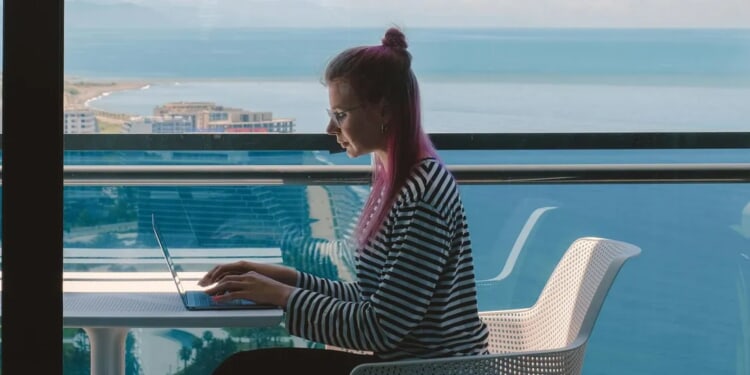
![Scott Bessent Explains The Big Picture Everyone is Missing During the Shutdown [WATCH]](https://www.right2024.com/wp-content/uploads/2025/11/Scott-Bessent-Explains-The-Big-Picture-Everyone-is-Missing-During-350x250.jpg)


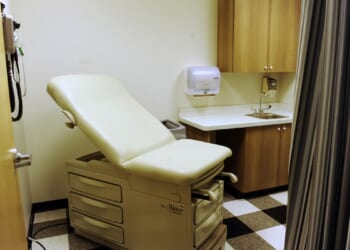

!['This is Just the Beginning... if People Don't Wake Up...' [WATCH]](https://www.right2024.com/wp-content/uploads/2025/09/This-is-Just-the-Beginning-if-People-Dont-Wake-Up-350x250.jpg)




